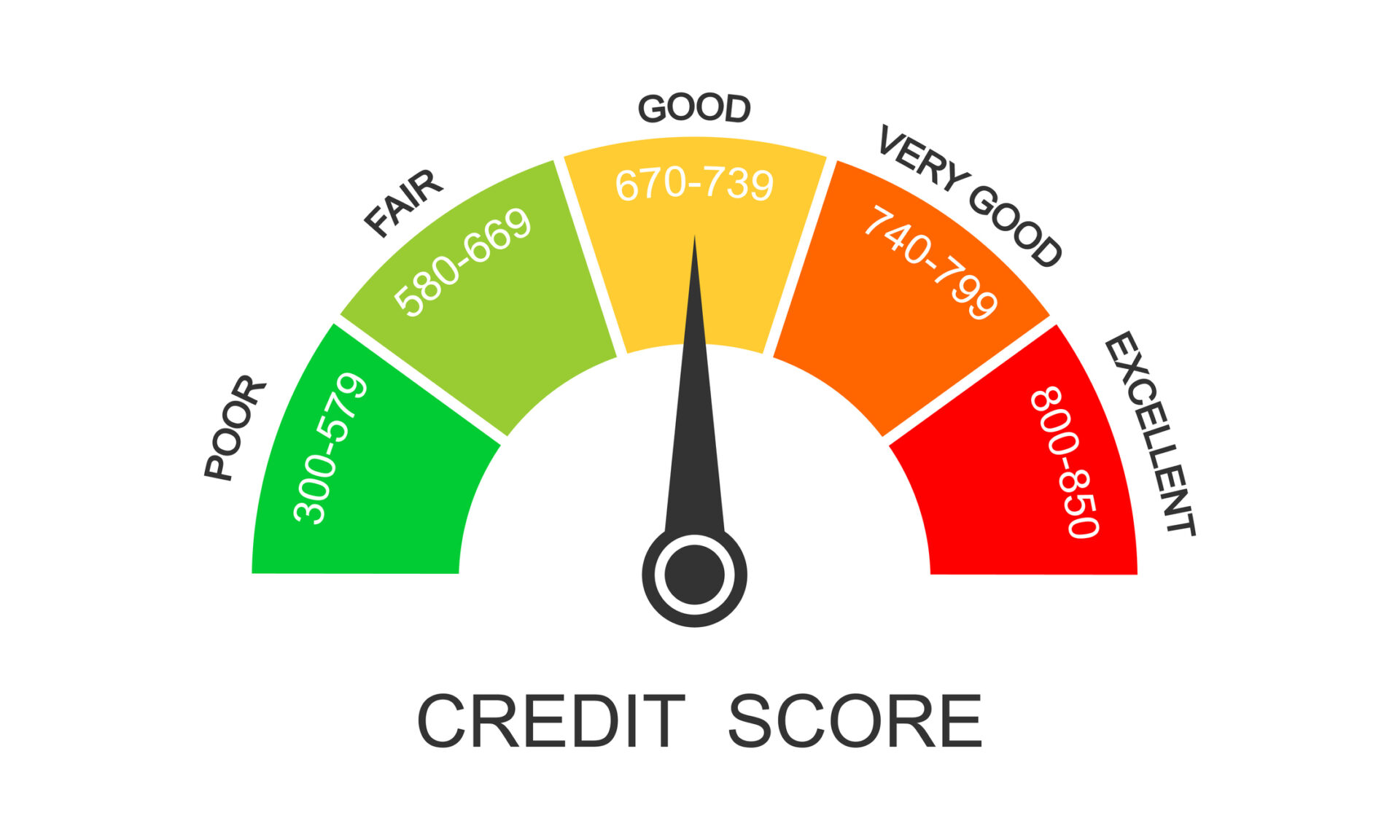
December 1, 2023
4 Steps For Black Entrepreneurs To Build Their First Business Credit Report
While every business owner has a personal credit report, not every business has a business credit report. A business credit report is created, here's how.
Originally Published Dec. 21, 2017
While every business owner has a personal credit report, not every business has a business credit report. A personal credit report is created the moment an individual with a Social Security number accepts their first job or applies for their first form of financing. However, a business credit report is not automatically created and there are a variety of steps that must be followed in order to establish this very important business financing tool. Here are the preliminary steps you must take to build business credit:
Properly Establish Your Entity
Operating as a sole proprietor would make it very difficult to establish and build a quality business credit profile. So the first thing that you want to do is plan to incorporate your business as either a C-Corp, S-Corp, or Limited Liability Company (LLC).
This will also involve obtaining an Employer Identification Number (EIN), opening a dedicated bank account for the business, setting up the business telephone line, setting up the business website, setting up the business location, and making sure to have a clear separation of personal and business affairs. Other aspects associated with properly establishing your entity include having proper levels of insurance, developing a quality business plan, and making sure your legal advisers are in place.
Register The Entity With The Major Business Credit Bureaus
To make sure your payment history from vendors, suppliers, and creditors that report to business credit bureaus is recorded, you have to make sure to set up a business entity profile with the two major business credit bureaus. This will include both Experian Business and Dun & Bradstreet (D&B). With D&B you will receive a D-U-N-S number and a D&B PAYDEX Score; with Experian you will receive an Intelliscore Plus. Both are measured mainly using a scale of 1–100, with a score over 80 considered the best tier. It’s best that once you establish your profile, that you also set up some sort of credit monitoring; that way you can verify each month that everything is being reported properly and efficiently.
Begin Building The Business Credit Profile
This process could be a bit difficult, as not every creditor reports their information to business credit bureaus. So your research here would be to find those creditors that, in fact, would report your on-time payment information, so you could build your report history. Some vendors to look at to begin include the following:
- Shared Secured Loans and Secured Credit Cards
These can be provided by your local credit union. With both, you will deposit money into a bank account and then with the shared secured loan, you will take out a loan on the money deposited, using the deposit balance as security. As you pay back the loan, that amount of the secured balance becomes “available.” This product is great because it’s reported to the business credit bureaus as a regular loan from the credit union. The same would work with the secured credit cards, where you establish a line of credit using money from your deposit account, with the reporting showing up as a regular credit card on the business credit report from the credit union. A business would find that using one of these products would prove to be much easier to establish a business credit history than using one of the various companies below.
- Various Companies
These can include companies such as Grainger, Uline, Quill, OnDeck, and a variety of other companies that would report the on-time payments to the bureaus.
Continue Building Your Business Credit Profile
After a solid six to 12 months of using the above beginning basics of building, you could now try to apply to the variety of business credit card companies to add additional trade lines. In addition, seek to reach out to various vendors, suppliers, and consultants for your business, as many times they will offer trade credit, which could also be reported on your business credit report for building aspects. Note that as you go forward, you want to make sure to continue making all payments on time and never miss a payment. It’s also best to make payments much earlier than scheduled.
After a solid 12 to 24 months of utilizing the above strategies, your options for business lines of credit, leasing, term loans, asset-based lending, lower APR business credit cards, more attractive trade credit structuring, etc., open up as your business maintains its well-structured business credit report.
RELATED CONTENT: Multiple Ways To Help Boost Your Credit Score As 2024 Approaches